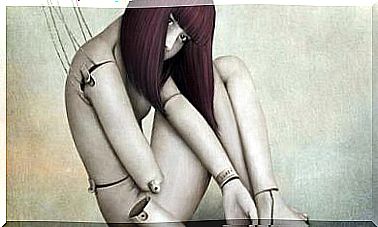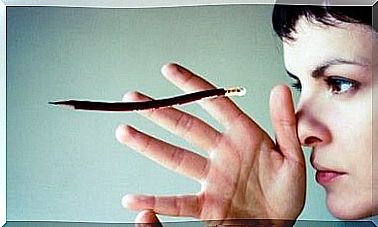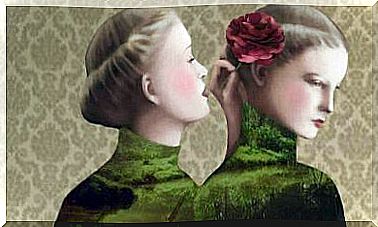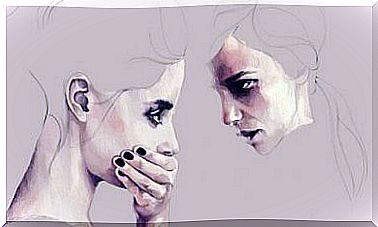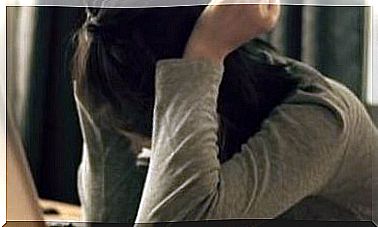Happiness And Pleasure: How Do They Interact?

Happiness and pleasure, how do they interact with each other? There are as many definitions of happiness as there are people in the world. It is as if each of us possessed a specific profile, made up of a heterogeneous set of elements that shape it. Inside this universe, pleasure orbits.
We could define pleasure as a sensation, as a subjective element, associated with positivity, euphoria and which often arises from the satisfaction of a need or desire. That is, pleasure is closely linked to the sense of comfort, but also to ambition.
Pleasure is also characterized by another peculiarity: what some define as the absence of pain. Yet, there are people who also find it in pleasure, let’s talk about sadomasochism. A much more frequent association than you think.
For example, it is not uncommon to see pain painted on the faces of many athletes and yet recognize that it is a feeling they get pleasure from. We could therefore state more clearly that the opposite of pleasure is, yes, pain, but uncontrolled pain, that is, it cannot be managed or stopped.
Something similar also happens with fear. Many people are able to enjoy this emotion when they know in advance that there will be no real-life consequences, such as with books or movies. The pleasure thus arises by deceiving the brain. In the next few lines we will deepen the correlation between happiness and pleasure .
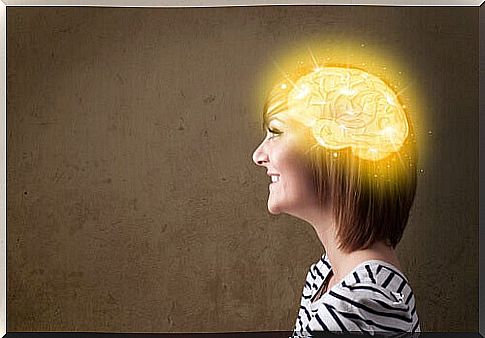
Happiness
In today’s society, happiness, in a certain sense, has become another of the many objects of consumption, with its price and the demand not to be who we really are. To make us feel part of a mechanism as gears of a society, but which then ends up distorting us.
Thus, we find ourselves working longer hours, accepting unfavorable conditions to pay for activities that we could previously do on our own or for which we received help from the family or the state. We talk about cooking, cleaning the house or looking after children or the elderly.
Well, some studies state that this state, which we could define happiness, is achieved through balance, good management of desires, optimal organization of the pyramid of needs and meaningful social contact. Moreover, such social contact seems to follow a norm: the less expensive it is, the more difficult it is to be meaningful.
Translated: a social contact that requires a low investment of resources is for example a telephone conversation lying on the sofa. A social contact that requires a considerable investment of resources could lead us to move and isolate ourselves.
A true state of happiness leads us to change our perspective on the world. It predisposes us to ask ourselves a question: “what can I give?” instead of “what can they give me?”. We leave behind the dimension of need to transform ourselves into beings capable of helping to satisfy needs.
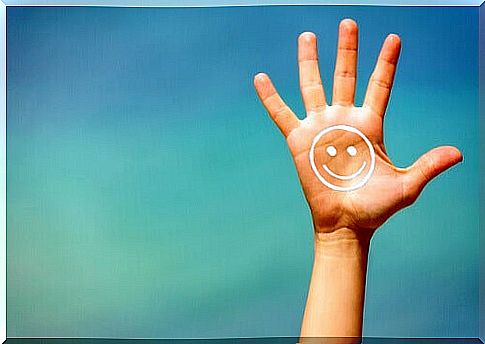
The pleasure
Probably the main difference between happiness and pleasure is that the latter possesses a much simpler (primitive) neuronal circuit. This makes pleasure, among other consequences, potentially more destructive. We refer, for example, to addictions. Just think of the fact that pleasure strengthens the various ways of satisfying a need. For example, smoking when experiencing growing anxiety.
On the other hand, happiness seems to respond to that concern of the human being to go beyond environmental adaptation. In addition to this, it is closely related to the adaptation / acceptance of its characteristics.
Not so much about living longer or having greater reproductive success. No. It is also about focusing our attention on how we live or how we reproduce. To refer to this we usually use the prefix “meta”, so thinking about how we think (evaluating the quality of our thinking) shapes our meta-thinking.
Happiness and pleasure, conclusions
Already aware of the danger associated with pleasure, happiness relies to a large extent on our handling of that same pleasure; we could say biologically, of the release and reuptake of associated neurotransmitters. In this sense, the best way to satisfy a need is not always the most convenient, quick and economical one.
Implementing this change is complicated, while in the primitive world there was no need to impose limits on oneself. It requires a personal evolution like that carried out by our society, in which today there are supermarkets and pastry shops that offer a large number of products at prices that would allow us to consume large quantities.
It is as if happiness has gone from having an intimate encounter with pleasure to including a third element. A self-control that prevents us from remaining prisoners of a pleasure obtained in a specific way, while we bury our eudaemonia.
